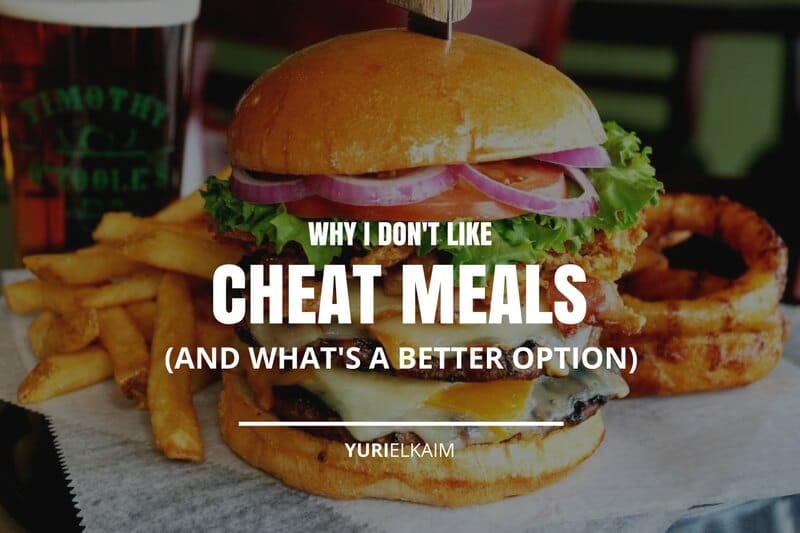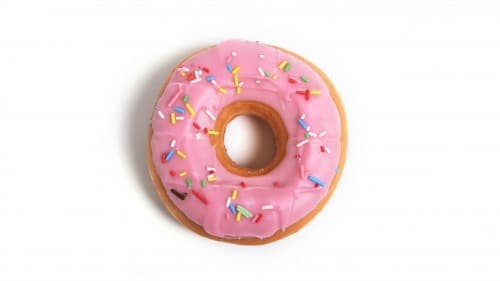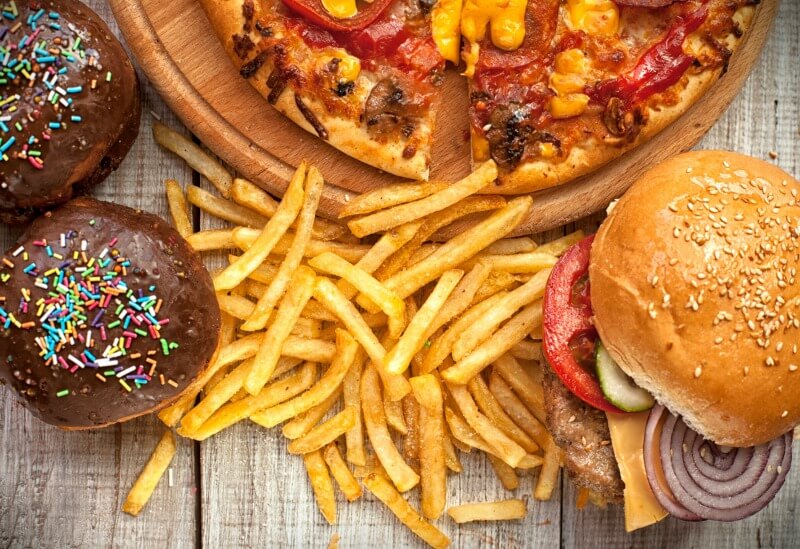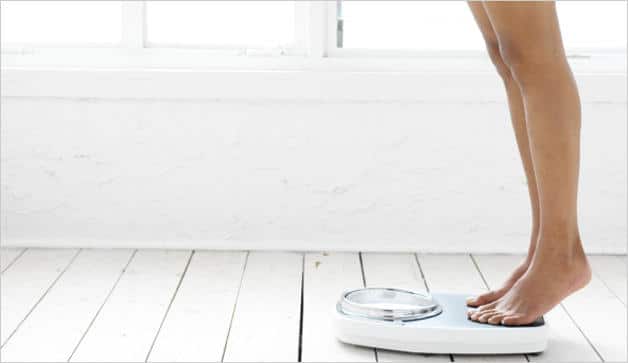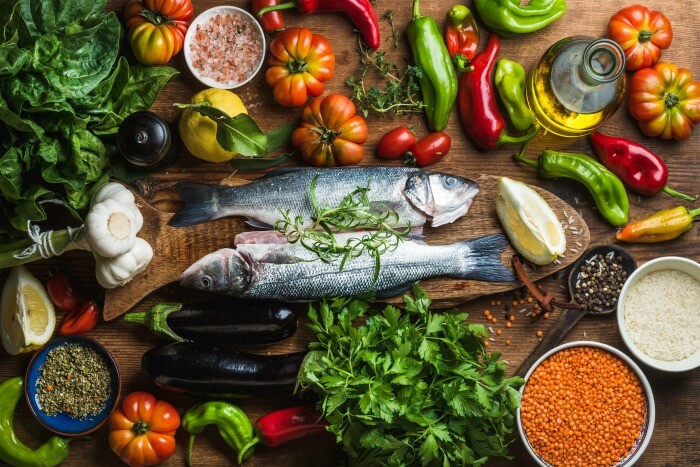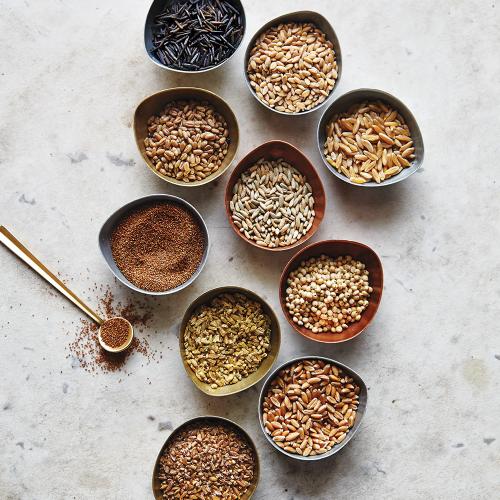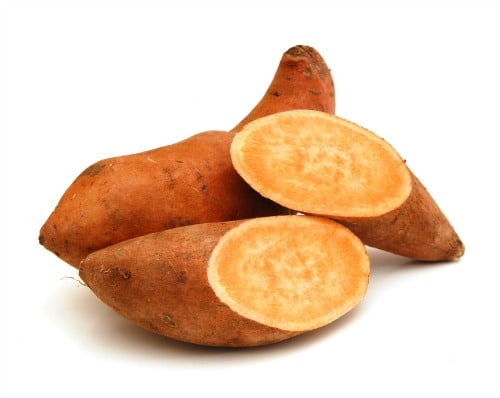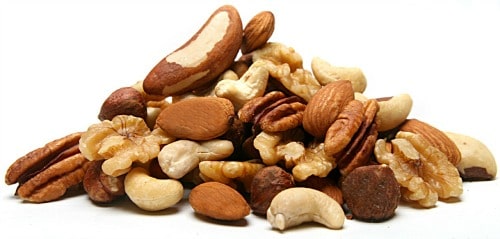In this article
Can you relate to this?
You begin a new diet, eat healthy for a few days, start feeling great, and then decide it’s okay to splurge on just one slice of pizza. After all, you deserve it because you’ve been doing so well … and plus one slice won’t hurt, right?
But then one slice of pizza turns into two – and then you figure the whole day is ruined, so you might as well pig out on ice cream, fries, and whatever other junk foods you can find.
The concept of cheat meals sounds pretty awesome. That’s when you allow yourself to take a break from your diet and eat whatever you want for one meal, one day, etc.
But the truth is, when it comes to cheat days and weight loss, they can really hinder your progress. Not only that, but the cheat foods themselves are not exactly great for your health.
Why You Should Skip the Cheat Days
1. Real foods start to taste bad.
Food manufacturers pump their processed foods with tons of sugar, salt, and trans fats. The problem is that, while these things may taste great, they can have some seriously bad effects on your health.
Packing on the sugar can lead to elevated triglycerides and insulin resistance, increasing the risk of developing cardiovascular disease and diabetes.
Too much sodium can cause hypertension, forcing the heart to work even harder to supply the body with the blood that it needs. Over time, uncontrolled high blood pressure can lead to stroke or blood clots.
Meanwhile, trans fats should be avoided at all costs. They’ve been shown to increase your LDL (bad) cholesterol levels while significantly upping your risk of developing diabetes and heart disease. There’s a reason the American Heart Association recommends keeping them out of your diet altogether.
Here’s the thing: Your tastebuds get used to all that excess sugar, salt, and fat and it will be harder than ever to go back to enjoying real food again.
After all, who wants a nutritious kale salad after chowing down on a big, juicy burger? (Don’t think too hard about that, because of the next reason.)
2. Junk foods are addictive.
There’s a reason many of us crave junk foods: they’re incredibly addictive.
When you eat junk food, it triggers the reward center in your brain, causing you to crave more and more to try to get that good feeling again.
Recent studies have actually determined that food addiction works in a very similar mechanism to drug addiction. Dopamine is released when we eat junk foods, which your brain interprets as a feeling of pleasure. We try to get more through any means necessary, and that quite often means hitting the fridge or the fast food (1).
The problem is that eating junk food allows this vicious cycle to continue. You eat one scoop of ice cream and you may find yourself suddenly digging into an entire pint.
You know it’s unhealthy and bad for you, but you feel totally powerless once you’re in the grip of food addiction.
The only way to truly break the cycle and stop feeding the addiction is to cut the junk food out altogether.
3. Junk food is unhealthy and leads to weight gain.
Junk food is a triple-whammy of badness for your body.
First, as I said above, junk food is loaded with all the wrong nutrients that can contribute to problems down the line like diabetes and heart disease.
Second, not only does contain bad stuff, it also lacks the good stuff – like fiber, vitamins, minerals, and antioxidants.
Third, it’s also high in calories, which can cause weight gain and slow your progress.
Let’s say you want to lose one pound per week. One pound is equal to approximately 3,500 calories, so you would need to have a 500 calorie deficit each day to achieve your goal.
Now let’s throw in two cheat meals per week. In the first one, you might eat a Bacon & Cheese Whopper Sandwich with large fries and a medium Coke. In the second meal, let’s say you have three slices of pepperoni pizza with three pieces of stuffed cheesy bread.
Those two meals alone stack up to 2,730 calories, meaning that your original goal of losing one pound a week just got a whole lot harder.
In fact, instead of losing one pound in a week, it will now take you around 4.5 weeks to lose a single pound. And that’s assuming you’re following your diet 100 percent the rest of the time.
Does that cheat meal still seem worth it?
Better Cheat Meal Option: the 1-Day Feast
Instead of a cheat day or cheat meals, why not try a 1-Day Feast?
The concept is simple enough: one day a week, you can indulge and eat more than usual without losing any of the progress that you’ve made.
The catch is that, instead of heading straight for the junk, you should opt for nutritious treats and healthy carbohydrates.
It may sound counterintuitive, but eating more healthy carbohydrates every once in a while is actually good for you! Why?
- It keeps your thyroid active and functioning, raising your metabolic rate and revving up the fat burning process.
- It prevents increased levels of cortisol, which can occur when carbohydrate intake is low. This keeps hormone levels in check and prevents muscle breakdown.
- It helps you avoid the negative symptoms that come with long-term carbohydrate restriction, like a suppression of immune function and changes in mood.
- It maintains levels of leptin, the hormone that is responsible for transmitting a signal to your brain when you’re full to prevent overeating. When leptin levels drop, it can lead to binge eating, increased calorie intake, and weight gain.
- It inhibits a condition known as hypothalamic amenorrhea for women, which lead to unstable levels of hormones and cause increased body fat and reduced bone density.
A Few Guidelines for Your 1-Day Feast:
- Indulge in healthy foods as much as you want without feeling guilty.
- Plan for this day to be right after your low carbohydrate day; your glycogen stores will be depleted and you’re likely to feel hungrier than usual anyway.
- In total, aim to eat about 50 percent more throughout the day. Reach this goal by increasing the size of your meals, adding in a few snacks or smoothies, or grazing throughout the day on health foods like fruits, vegetables, and nuts.
- Save your biggest meal for after your workout to help restore depleted glycogen stores.
- Eat until you reach a comfortable level of satiation; avoid stuffing yourself to a point where you feel uncomfortable.
How to have a Feast Day
Itching to get started with your feast day?
Remember that instead of going for the refined sugars and processed junk, you should stick to nutritious feast foods that are gluten-free, dairy-free, unprocessed, and based on whole foods. This ensures that you’re still following an overall health-promoting, anti-inflammatory diet that will make you feel great.
Here are some examples of healthy feast foods.
Fruits
Make sure that you’re sticking to whole fruits rather than juices or dried fruits to minimize the amount of sugar and boost your fiber intake. Otherwise, feel free to munch on whatever fruit you’d like for an awesome post-workout snack.
Gluten-free grains
Quinoa, buckwheat, oats, and any other gluten-free grains are all fair game during your 1-Day Feast.
Need a little inspiration? Check out my Autumn Quinoa Bowl or any of these Overnight Oats recipes for some great feast foods.
Starchy carbohydrates
This can include potatoes, sweet potatoes, carrots, rice, or beets. Feel free to load up and enjoy.
My suggestion: enjoy these 3-ingredient sweet potato waffles for a delicious dinner idea that’s full of nutrients and flavor.
Legumes
Foods like beans, lentils, and chickpeas are all rich in fiber and great additions to your weekly feast.
Nuts
As a great source of healthy fat, protein, magnesium, and folate, nuts are the perfect snack to incorporate into your 1-Day Feast. Take your pick of almonds, pecans, pistachios, walnuts, etc. Just remember to always get the unsalted variety to cut down on your sodium intake.
Proteins
Protein is an important component of the diet, regardless of whether you’re feasting or not. It helps repair tissues, build muscles, and create enzymes.
Plus, it digests slower than carbohydrates, which helps keep you feeling fuller for longer. Fish, eggs, beans, grass-fed beef, and free-range chicken are all great sources of protein that should always be part of your diet.
Try these recipes:
- 17 High Protein Vegan Breakfasts That Are Easy to Make
- 21 Healthy High Protein Breakfasts You Need to Make
Healthy Fats
This includes oils, like olive, coconut, and flax, as well as heart-healthy sources of fat like fish and avocado.
No One is Perfect
While I do recommend doing your best to stick to these guidelines for your 1-Day Feast, I also recommend not being too hard on yourself and always learning from your mistakes.
It’s okay to not stick to your diet 100 percent of the time. In fact, even I enjoy the occasional slices of pizza from time to time.
It’s important to enjoy food, foster a healthy relationship with it, and avoid feeling deprived because of your diet. Making a habit out of cheat days isn’t a practice you want to get into, however.
Remember: weight loss is a journey, and it’s not without its twists and turns in the road.
When you do end up indulging in a big slice of cake or a tub of popcorn at the movies, take note of how it makes you feel, remember how much better you feel when you’re eating well, and funnel that into motivation to press forward in your journey.
The Formula For Fat Loss
The trick to fast fat burning is to keep your body guessing. How do you do that? Food cycling!
It’s a tried-and-true method for fat loss, and I outline the results-getting strategy in the All-Day Fat Burning Diet.
Learn how Feast Days couple with Low-Carb days (and more!) to help reset your metabolism, avoid plateaus, and blast through stubborn fat.
Get all the details by clicking the banner below.

